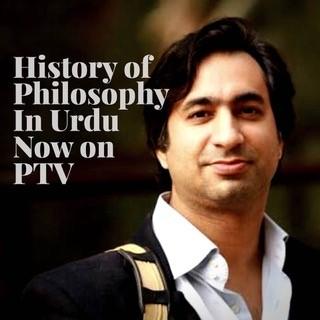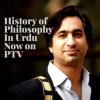
The documentary series History of "Political Philosophy in Urdu” made by LUMS will be broadcasted on PTV HOME every Saturday at 6:45 pm from this coming week.
The series ‘History of Political Philosophy in Urdu’ is made by the Lahore University of Management Sciences as part of its outreach programme to widen the scope of education in Pakistan. It consists of approximately 25 minute episodes. The series follows a revolutionary new concept of online and mass education through the use of images, visuals, music, and an exciting style of presentation. Moreover, this is the first time that the entire history of philosophy is being told in easy to understand Urdu language and made in a way that is entertaining as well as educational.
The series begins with ancient Greek philosophy and traces all the schools from the Pre-Socratics, through Plato and Aristotle and finally to the Stoics, Cynics, Epicureans, and Skeptics. It then examines the contribution that the Roman Empire made to political philosophy. In particular it looks at Cicero and Seneca. It examines the impact of Rome on state building and law. It then describes how the Roman Empire merged with Christianity to produce a new era in European history known as the Middle Ages. The great thinkers of the Middle Ages, with a special focus on Augustine and Aquinas, are discussed in some detail. Next the series explores the emergence and incredible impact of Islam and Muslim philosophers. The series examines Al-Kindi, Al Farabi, Ibne Sina, Al Ghazzali and Ibne Rushd. After describing the ideas of Ibne Rushd, it also speaks about the impact of Islamic philosophy on Europe. In particular it examines the emergence of Christian Averoist philosophy and the Christian reaction against it. The current series ends with the Carolingian Renaissance of the 14th century and the work of William of Okham. The second part of this series, that is the history of modern political philosophy, will be made once this is broadcast.
The series will prove to be historic because this is the first time this entire history is brought together in an accessible manner in the Urdu language for the people of Pakistan.








